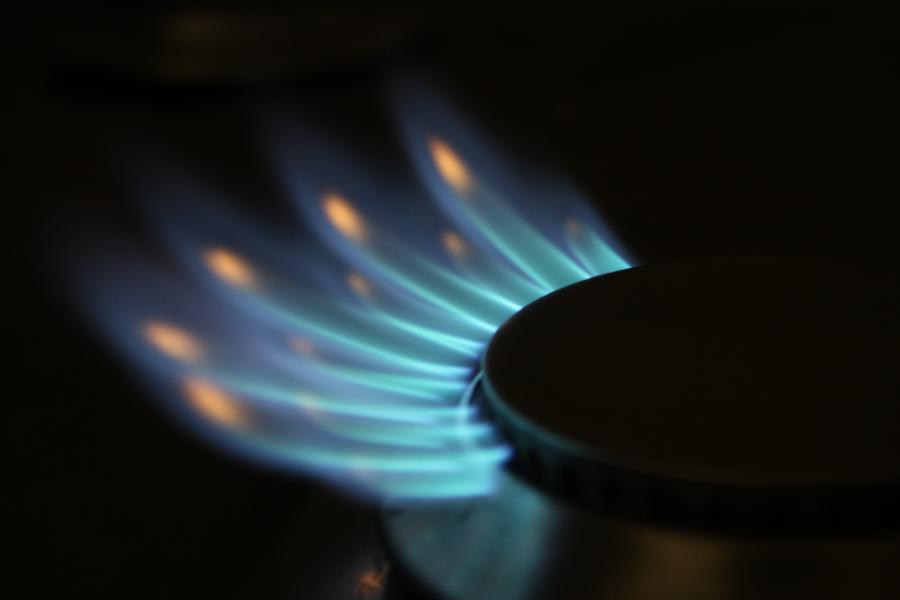What does the Ttf market in the Netherlands have to do with the gas price crisis?

Is the FTF market in the Netherlands one of the causes of the rise in gas prices? Facts and analysis. The in-depth analysis by Mario Lettieri, former undersecretary for the economy, and Paolo Raimondi, economist
One of the main causes of energy price inflation is the Amsterdam FTF gas futures market. The TTF was established as part of the European Union energy market.
The Ttf (Title Transfer Facility) is a virtual market (a hub) for the exchange of natural gas. Together with the Nymex (New York Mercantile Exchange) and the Ice (Intercontinental Exchange) in Atlanta, which specializes in OTC derivative contracts on energy, it is one of the main reference markets for gas trading in Europe and Italy.
The monthly Ttf index is the arithmetic average of the daily quotations referring to the month of supply, ie the previous one. The value is in € / MWh, megawatt hour, the conventional unit of measurement for all energy sources. Our bills "translate" prices into € / Smc, that is, into standard cubic meters. But the price trend does not change.
Here are the trends: the Ttf in April 2021 was € 20.50 / MWh, it rose to € 63.5 / MWh in September, to reach € 110.12 / MWh in December 2021. It dropped to € 83.03 / MWh in January 2022, it surged in March, after the outbreak of the war in Ukraine, to € 125.42 / MWh and then slowly dropped to € 78.87 / MWh last June. The Ttf in August, referring to supplies in July, is already around 110 € / MWh.
The "objective" explanations of the 2021 surge would indicate the causes in the recovery of demand, after the economic downturn due to Covid, and in a reduction in supplies from Norway. This does not stand up to the test of the facts at all, also because the prices of futures were already in great climb in the second half of 2021.
Holland is a central hub for the European market that allows the transfer of gas via pipelines between countries such as France, Germany, Norway, Italy and Great Britain.
This spot market, very volatile like all its peers, has gradually replaced long-term bilateral contracts between countries. It allows not only wholesalers, but also financial traders, to determine the price of forward contracts on natural gas. Future prices are for a delivery later in time and can be negotiated multiple times before the deadline. For example, the prices of FTF futures for the end of the year are around 200 euros per MWh.
Hedge fund bets on the TTF exchange created an artificial shortage of gas and pushed prices to an unsustainable level, well before the war in Ukraine.
We have returned to the equivalent of the famous "paper barrels" of before the great financial crisis of 2008, when for a physically traded barrel of oil, 100 barrels of futures contracts were traded on the New York market. When they expired, they were settled by paying only the difference in price, with no real movement of the product. These contracts, in the millions, however, created the impression of gigantic demand compared to a limited supply and, consequently, the expectation of a sharp rise in the price of oil.
“Observing” the market, waiting for it to solve by itself the problem it has caused, is like facing the drought and the lack of water by engaging in a shamanic “rain dance”.
There are some immediate actions possible as we work to diversify energy suppliers and sources. One is undoubtedly to agree at a European level on a ceiling on the purchase price of gas. This is what the Italian government has also proposed. European, national and collective interests must take precedence over someone's private "appetites".
Secondly, it is not tolerable that speculation dictates the laws to governments. In this regard, there are two possible moves: futures contracts are fine but must be concluded with an effective exchange of the traded goods and, secondly, only traders who actually have the financial coverage of the contracts they sign should be admitted and not those who operate with a "financial leverage" built on debt.
Otherwise, how can citizens accept that their governments have been able to impose a mask on everyone and, instead, are unable to put the "muzzle" on speculators, who undermine the economies and the very authority of governments? It would be a paradox!
This is a machine translation from Italian language of a post published on Start Magazine at the URL https://www.startmag.it/energia/speculazione-ttf-prezzo-gas/ on Sat, 27 Aug 2022 06:35:00 +0000.
